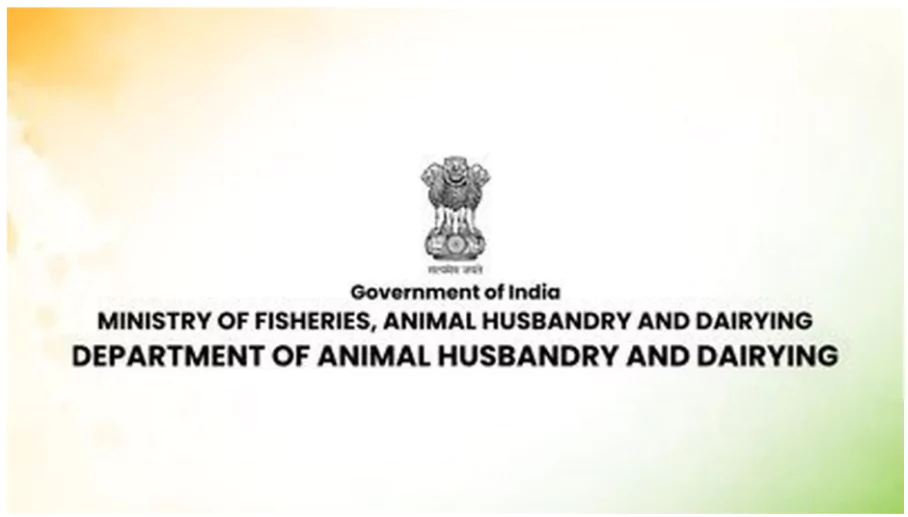The Centre has decided to bring public-private partnerships (PPP) in areas such as vaccine platforms, veterinary workforce development, institutional infrastructure and the creation of Foot-and-Mouth Disease (FMD)-free zones.
About the Workshop

- Organized By: Union Animal Husbandry and Dairying Ministry in collaboration with the World Organisation for Animal Health (WOAH).
- Focus Areas:
- Vaccine platforms
- Veterinary workforce development
- Institutional infrastructure
- Creation of Foot-and-Mouth Disease (FMD)-free zones
- Objectives of the Workshop
- Addressing Gaps: Discussing ways to fill critical gaps in veterinary services.
- Expanding Infrastructure: Establishing NABL-accredited veterinary labs at the district level.
- Strengthening Disease Control: Enhancing surveillance and developing FMD-free zones.
- Building Workforce Capacity: Structured training and knowledge-sharing platforms.
- Vaccine Production: Developing a robust vaccine value chain.
- Defining PPP Policy: Creating a policy framework for integrating private sector expertise.
About veterinary services
Veterinary services provide healthcare to animals, including pets, farm animals, zoo animals, and wildlife. This includes:
- Domestic Animals: Dogs, cats, and other pets.
- Exotic Animals and Reptiles: Animals like parrots, snakes, and lizards.
- Large Animals: Farm animals such as cows, horses, and sheep.
Role of Private Sector Collaboration in Veterinary Services
Private sector collaboration is important for improving veterinary services. It helps in several ways:
- Disease Surveillance: Private companies can monitor and report disease outbreaks quickly and efficiently.
- Workforce Capacity: They provide training and skill development for veterinarians, enhancing their capabilities.
- Vaccine Production: Collaborations lead to better and more efficient vaccine production.
- Infrastructure Development: Private investments help build veterinary labs and clinics, improving overall infrastructure.
Importance of Developing FMD-Free Zones
Creating Foot-and-Mouth Disease (FMD)-free zones is crucial for several reasons:
Foot-and-Mouth Disease (FMD)
- It is a contagious viral disease.
- It affects cattle, swine, sheep, goats and other cloven-hoofed ruminants
- Caused by: by an Aphthovirus of the family Picornaviridae.
|
- Animal Health: Fewer FMD cases result in healthier livestock.
- Economic Benefits: Preventing FMD protects farmers’ incomes and supports the agricultural economy.
- Trade Opportunities: FMD-free zones increase international trade opportunities for livestock products.
- Public Health: Controlling FMD reduces the risk of diseases spreading from animals to humans.
![]() 17 Feb 2025
17 Feb 2025

